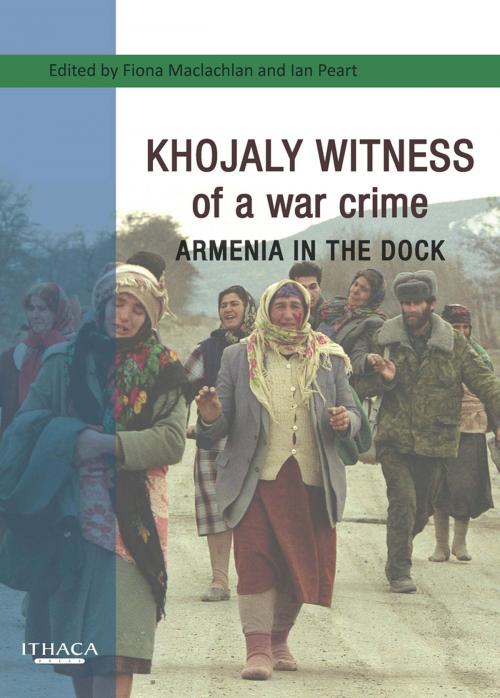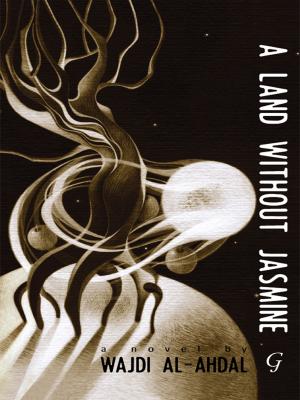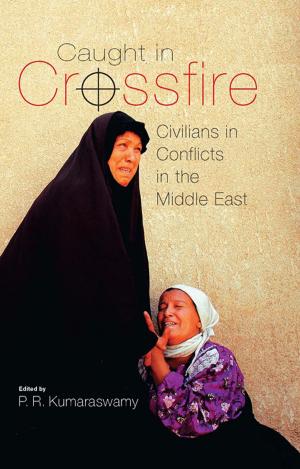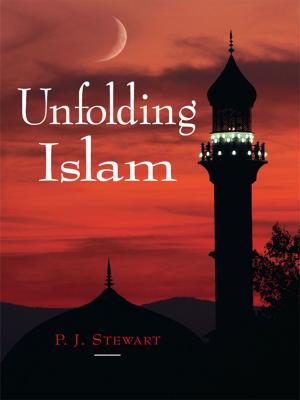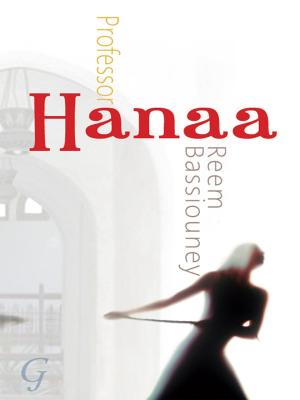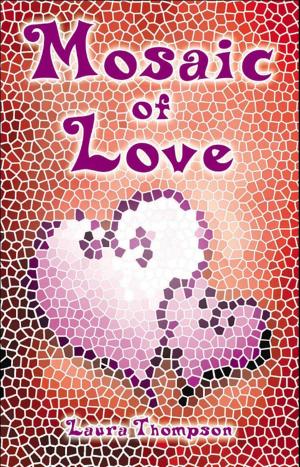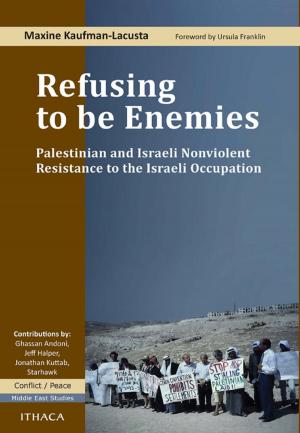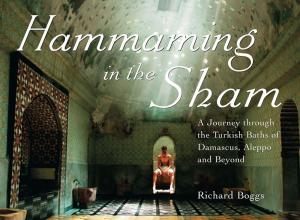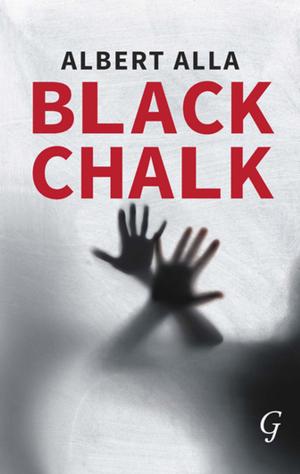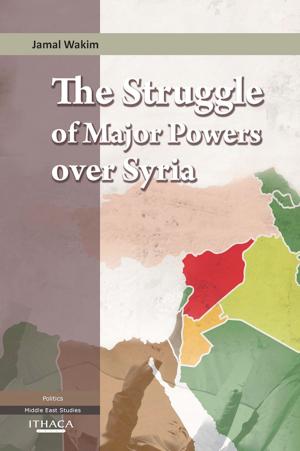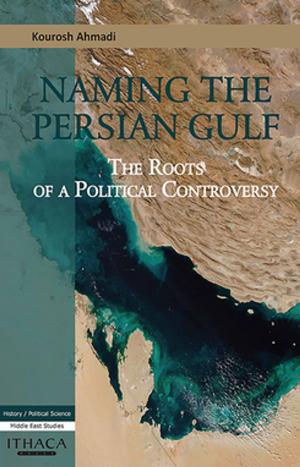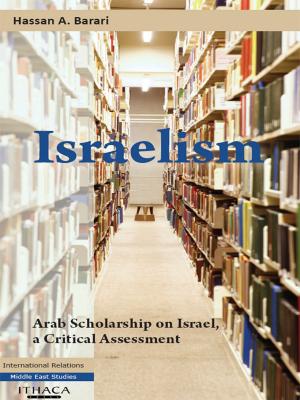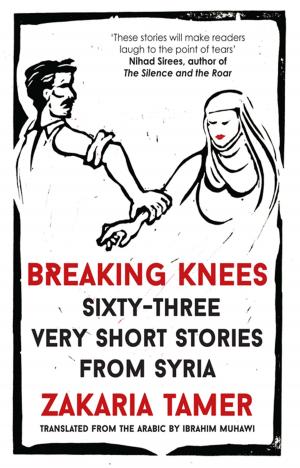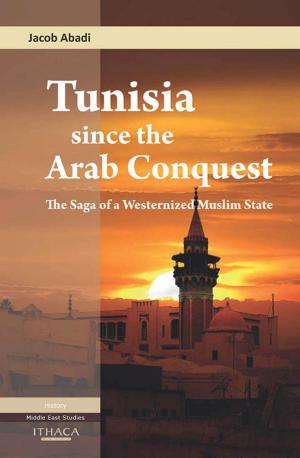Khojaly Witness of a war crime
Armenia in the Dock
Nonfiction, Social & Cultural Studies, Social Science, Human Geography| Author: | ISBN: | 9780863725449 | |
| Publisher: | Garnet Publishing (UK) Ltd | Publication: | June 12, 2014 |
| Imprint: | Ithaca Press | Language: | English |
| Author: | |
| ISBN: | 9780863725449 |
| Publisher: | Garnet Publishing (UK) Ltd |
| Publication: | June 12, 2014 |
| Imprint: | Ithaca Press |
| Language: | English |
It was one of the worst episodes of the Nagorno-Karabakh war. For months, the townspeople of Khojaly, Azerbaijan, had endured nightly shelling by invading Armenian forces, which gradually surrounded the town. By 25 February 1992 all escape routes had been cut off. Armenian tanks, artillery and troops moved in, and so began the calculated finale to a crime against humanity. The inhabitants of Khojaly fled, wading across the freezing Gargar river and through the forested mountains. Emerging onto open land near the village of Nakhchivanik, they found none of the safety they'd hoped for, instead presenting easy targets for the Armenian guns awaiting them there. The townspeople's crime? As Azerbaijanis, they were inadvertent obstacles to the abstract dream of a 'Greater Armenia'. Western journalists reporting on these savage events encountered doubts from their editors back home: surely they had confused aggressors with victims? They had not; and to help combat such misapprehensions, this book gathers first-hand accounts from the massacre and its aftermath. Here are testimonies from survivors, international journalists and photographers; reports from international humanitarian organisations; and even the thoughts of an Armenian commander as he picked his way across the killing fields. Resolutions condemning the atrocities were passed by the United Nations, the European Union and the Council of Europe, but they endure only as paper: the perpetrators remain unaccountable and in occupation, and some hold Armenia's highest political offices. Khojaly's survivors, meanwhile, are left with memories of their lost homes and loved ones, longing for justice.
It was one of the worst episodes of the Nagorno-Karabakh war. For months, the townspeople of Khojaly, Azerbaijan, had endured nightly shelling by invading Armenian forces, which gradually surrounded the town. By 25 February 1992 all escape routes had been cut off. Armenian tanks, artillery and troops moved in, and so began the calculated finale to a crime against humanity. The inhabitants of Khojaly fled, wading across the freezing Gargar river and through the forested mountains. Emerging onto open land near the village of Nakhchivanik, they found none of the safety they'd hoped for, instead presenting easy targets for the Armenian guns awaiting them there. The townspeople's crime? As Azerbaijanis, they were inadvertent obstacles to the abstract dream of a 'Greater Armenia'. Western journalists reporting on these savage events encountered doubts from their editors back home: surely they had confused aggressors with victims? They had not; and to help combat such misapprehensions, this book gathers first-hand accounts from the massacre and its aftermath. Here are testimonies from survivors, international journalists and photographers; reports from international humanitarian organisations; and even the thoughts of an Armenian commander as he picked his way across the killing fields. Resolutions condemning the atrocities were passed by the United Nations, the European Union and the Council of Europe, but they endure only as paper: the perpetrators remain unaccountable and in occupation, and some hold Armenia's highest political offices. Khojaly's survivors, meanwhile, are left with memories of their lost homes and loved ones, longing for justice.
